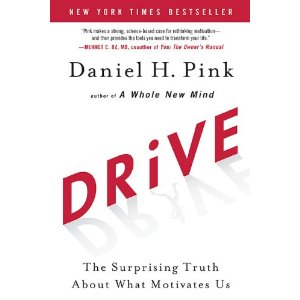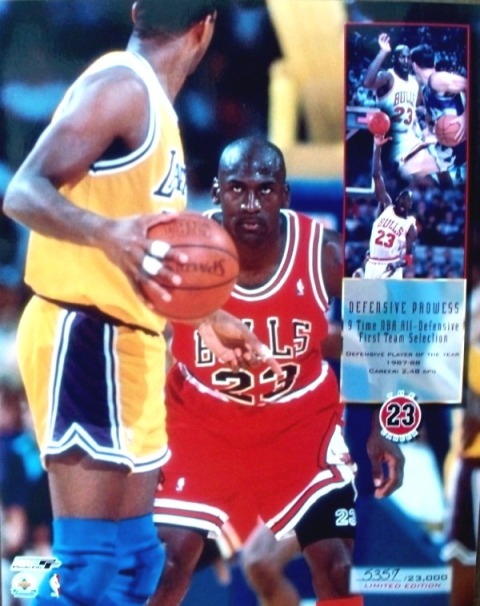Motivation Part 3: Mastery
We’ve discussed the importance of motivation to attainment of ideal behaviours and attitudes for achieving success, and hopefully everyone out there is now charged up to do something cool with their new-found intrinsic motivation and desire. This post will focus on the concept of mastery of a skill.
Mastery rarely happens. We can look at the absolute bet in their specific niche of function, and they will always be able to find areas that need improvement. Michael Jordan was the hardest working player out there, never allowing himself to sit back thinking he was the best player in the game. Bikram Choudhury, the founder of Bikram yoga, is still pushing the limits of his body and of the physical capabilities of his followers, and while his practices have garnered their share of criticism, he continues to challenge the world with his thoughts and practices.
Mastery, if it could be graphically displayed, would be an asymptote, where the performance of the individual creeps ever closer to but never actually touches perfection.
http://www.youtube.com/v/vBTgbTVqNnc&hl=en_US&fs=1.
Seriously Shaq, if you’re reading this, just call it a day and retire already. You’re starting to get senile. Pretty soon you’re going to be trying to find your house in LA and brushing your teeth with shampoo wondering why it isn’t tasting minty.
Since we can never become great at something, why do we try? Is there financial rewards possible for being the best? Definitely, but not everyone will get the chance to be paid like Beckham, yet soccer is played by billions who will never earn a dime from their abilities. The mere thought of this kind of practice would drive a hole through Motivation 2.0’s thought process (activity that doesn’t produce measurable results?? Why the hell would anyone do that!!??!?). The enjoyment and benefit comes from doing the task itself, not from the rewards or outcome of the contest. Sure, winning is nice, but the same glory can be achieved even in the presence of a loss. Look at the popularity of some fitness programs that involve teamwork, outdoors, novel experiences, and an element of challenge within reach (the Goldilocks tasks, neither too hard nor too easy, juuuuuust right), as compared to those that involve mundane and repetitive actions that involve no external stimulation or experience. The attrition rate for treadmill walkers versus Boot Camp participants is staggeringly different, yet gyms continue to line up expensive pieces of cardio equipment designed for the same thing: mundane and repetitive actions with no external stimulation.
We ask ourselves all the time why exercise programs fail, or why gyms see attrition of it’s members when everyone knows that exercise is one of the most powerful medications the body needs. Why do people quit? Not price, or music, or what the equipment looks like. It’s the participants combined motivation to attain skill mastery and intrinsic motivation to lift heavier weights, run faster, and work harder than they did the day before that drives them forward in a life-long pursuit of fitness. To show how pervasive this is, many trainers decide to chase a profession in fitness because they love working out so much. “How great would it be to get paid to work out??” What many new trainers find is that their desire to workout after helping people workout all day is almost null, and they find their fitness reduces as a result of them becoming fitness professionals. As mentioned in Part One, changing a desired challenge that was completed for free becomes an undesirable task when the option of receiving money enters the scene.
Success in life will ultimately be determined by the level of focus and motivation of the individual to succeed in their chosen direction. Their pursuit of mastery will be life long, challenging, probably even painful, but ultimately more rewarding than if they were to be paid for productivity and made to follow a schedule of development and quota’d results. Focusing solely on the scale rarely works in weight loss, focusing on numbers rarely works in business. Those who stick around the longest truly love what they are doing, regardless of what it is.


